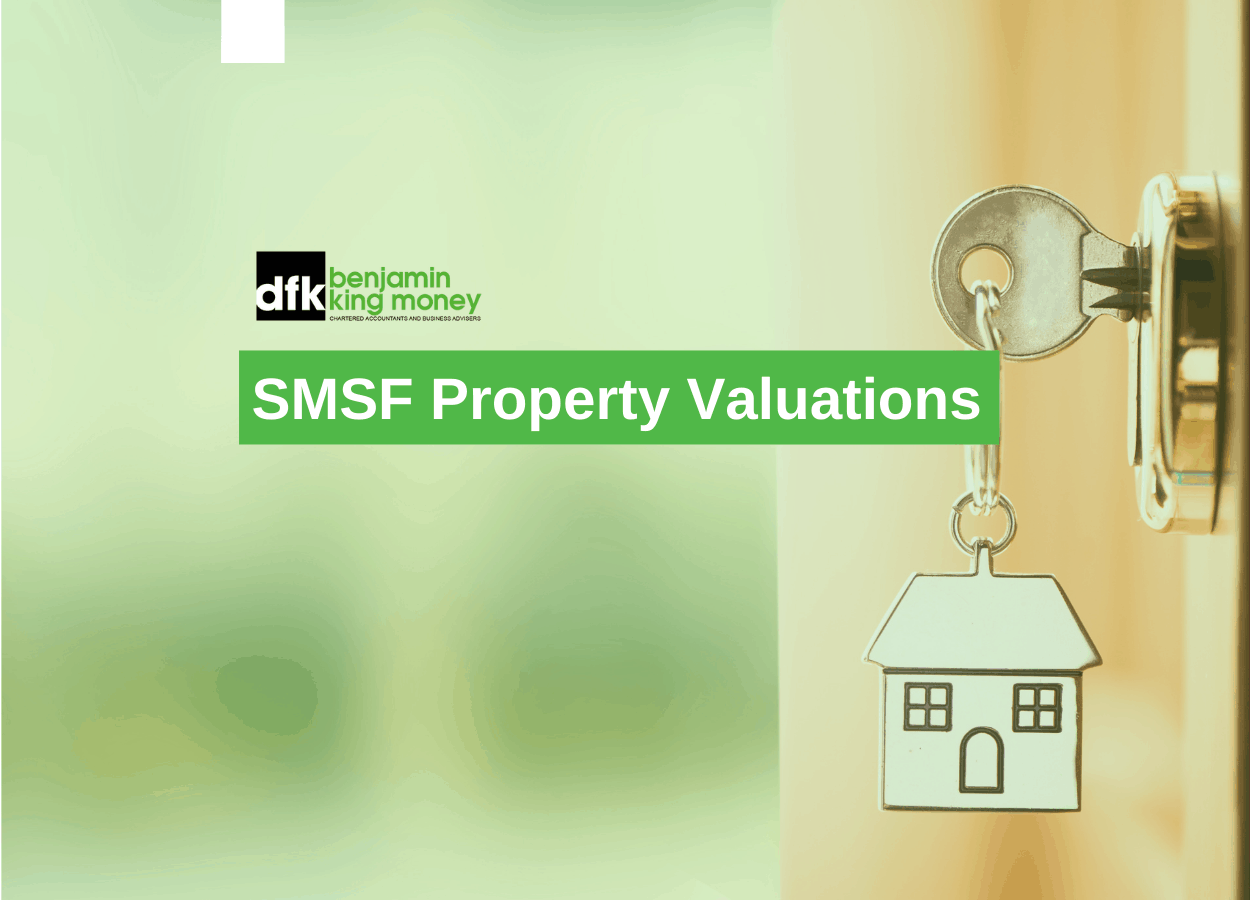By Daniel Shaw
The ATO recently provided guidance on the types of evidence a trustee can use when valuing the property holdings in an SMSF.
Prior to 1 July 2012, trustees could provide a valuation for SMSF assets every three years. However, they are now required to annually report the market value of assets with evidence to support the valuation.
Up to date asset valuations are critical to members of an SMSF as it helps to accurately calculate their member balances which assists with determining their eligibility to different contribution thresholds or for calculating their minimum and maximum pension requirements.
Where an SMSF holds property, it’s recommended that a valuation be provided by a qualified independent valuer to the trustees. In this instance the ATO won’t require a further external valuation each year, however if the Trustees believe this valuation to no longer be accurate, they should obtain a new valuation or other sources of evidences supporting the valuation.
In a year where COVID-19 has materially affected our lives and for an SMSF trustee and its members, the market value of their assets, it would be prudent to seek a revaluation to ensure a property is accurately valued in the financial statements and accounts.
An indication that the property would require a revaluation because of COVID-19 would be where the tenants have been unable to pay rent and were on stimulus monies or even had to vacate the premises and can be applied to both residential and commercial property holdings.
Trustees in revaluing a property will often request the real estate agent complete an appraisal stating what the property is likely to sell for based on sales in the area, however you must ensure the listing details of those sales are listed otherwise the appraisal on its own would not be sufficient.
The ATO has listed a variety of evidence a trustee may use as evidence to support a valuation which are detailed below:
- independent appraisals from a real estate agent (kerb side)
- contract of sale if the purchase is recent and no events have occurred to the property that could materially impact its value since the purchase
- recent comparable sales results
- rates notice (if consistent with other evidence on valuation)
- net income yield of commercial properties (not sufficient evidence on their own and only appropriate where tenants are unrelated).
Further, the ATO has stated that a single item of evidence from the above list will not be sufficient on its own unless the property has been recently sold and suggest using multiple sources of evidence for the valuation.
Where the valuation is completed the trustees should ensure the evidence provided to support the market value of the property is as close as possible to 30 June, especially where the market is potentially volatile.
If you would like to discuss this or any other superannuation matter further, please contact Daniel Shaw, Superannuation Principal on 03 9098 4299

